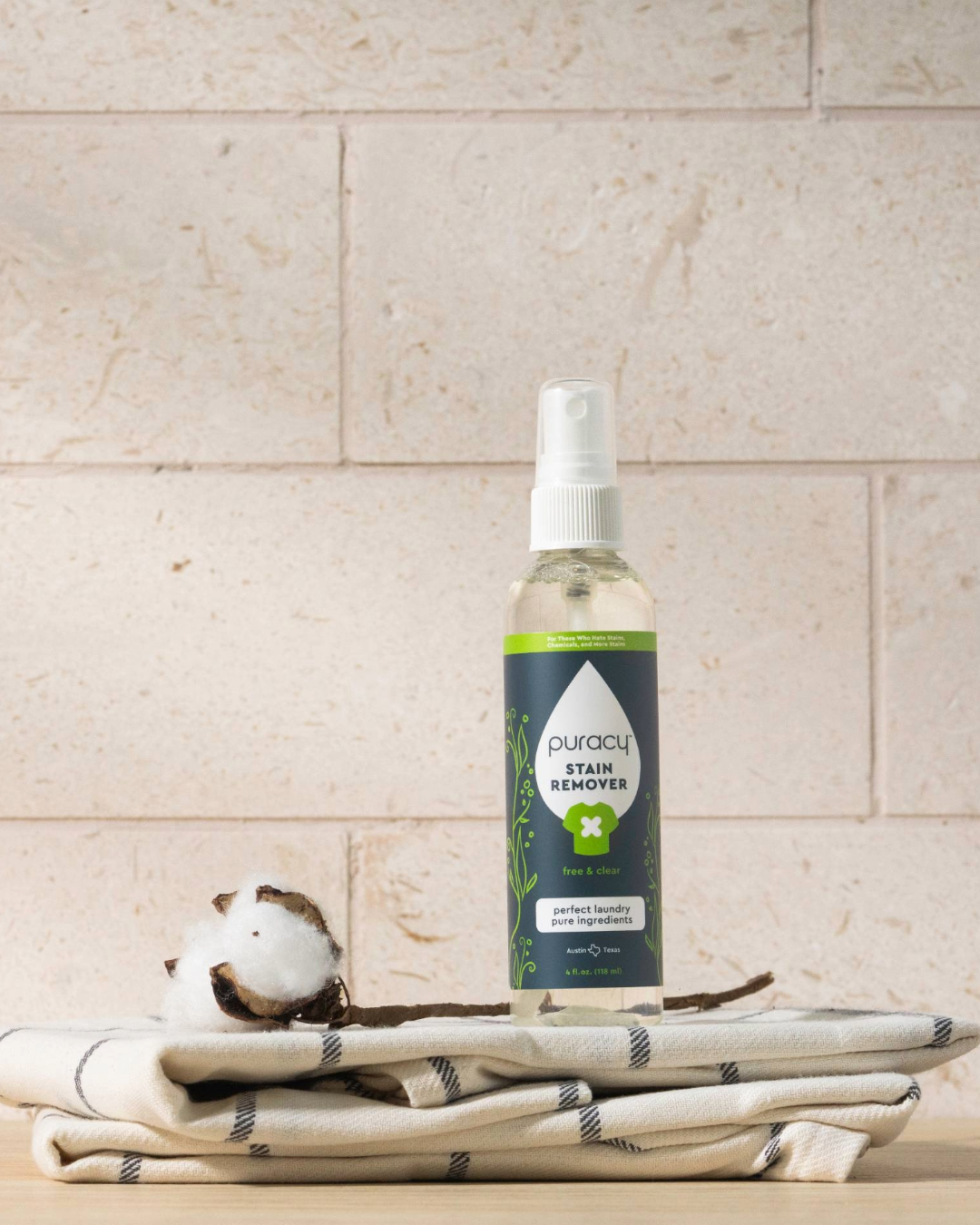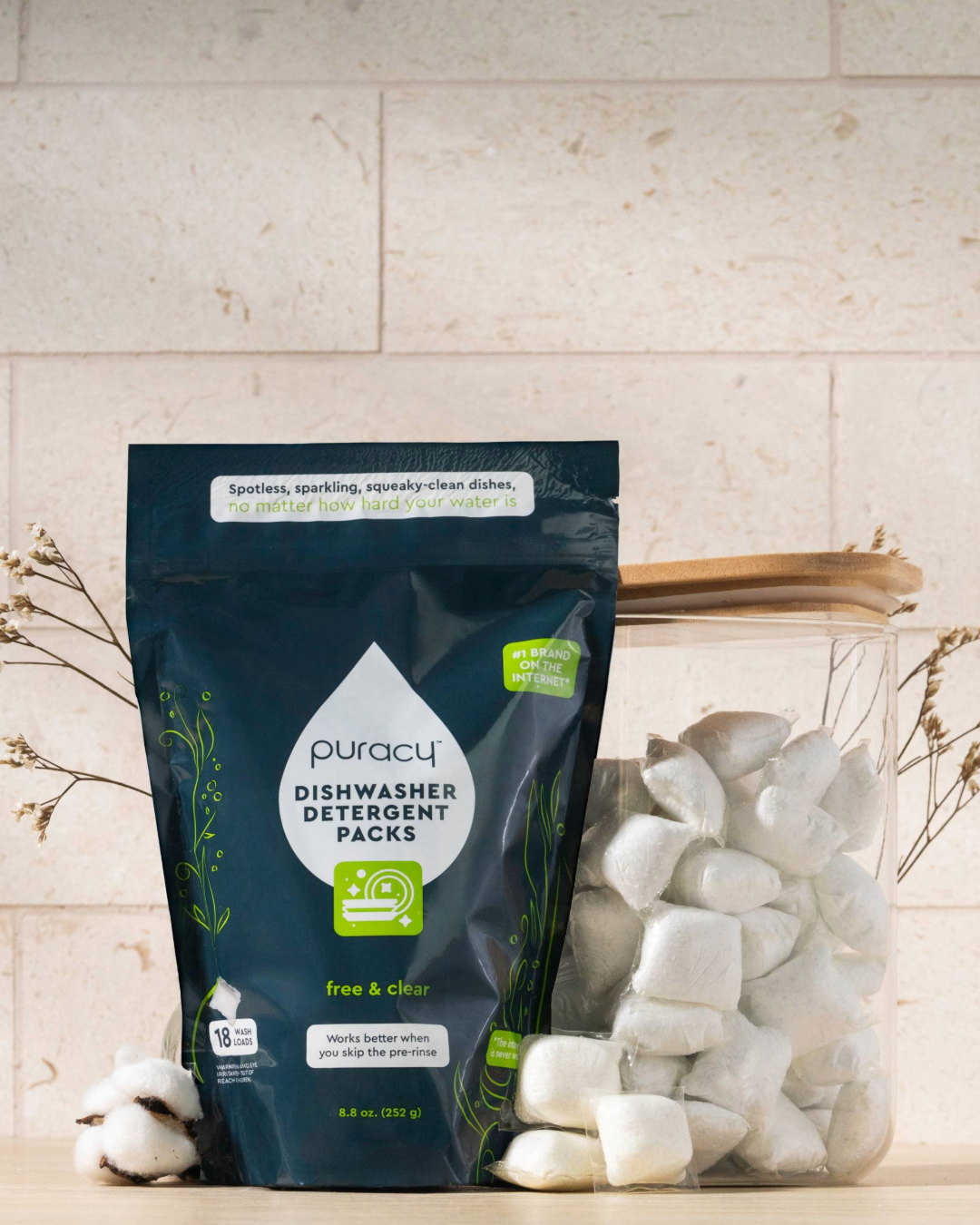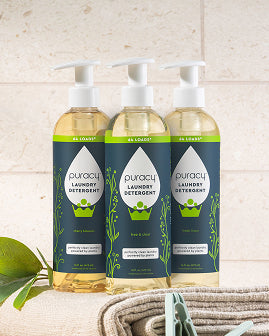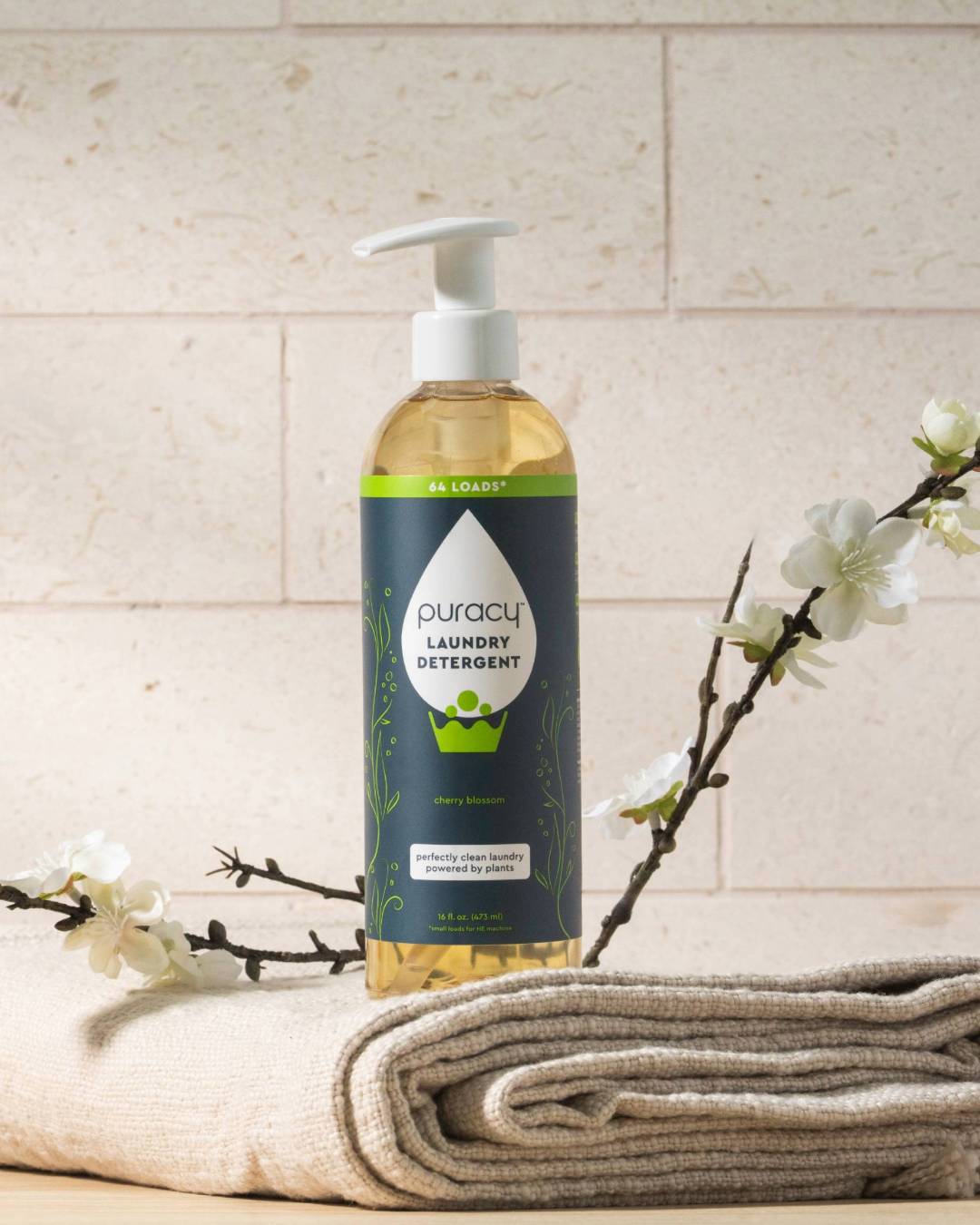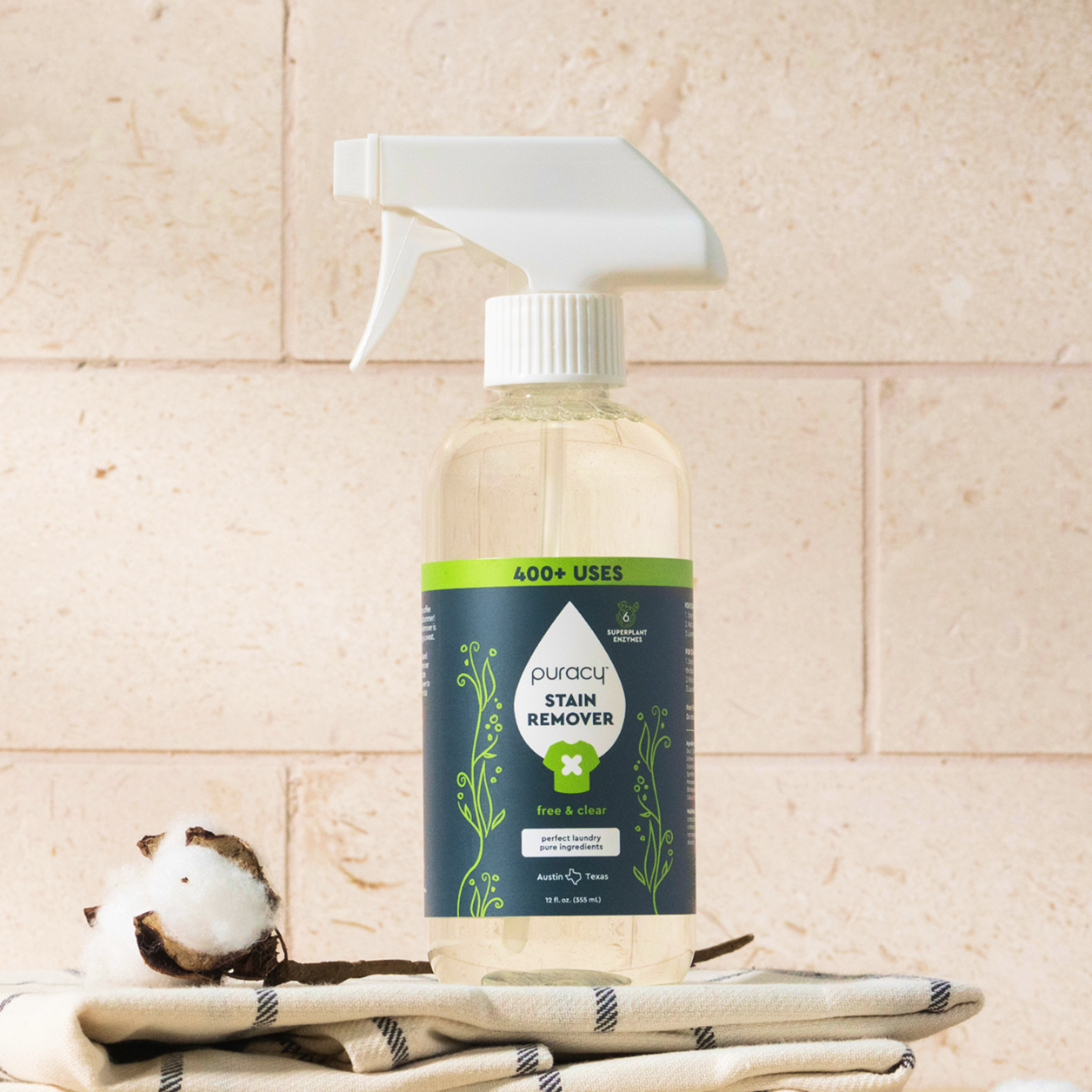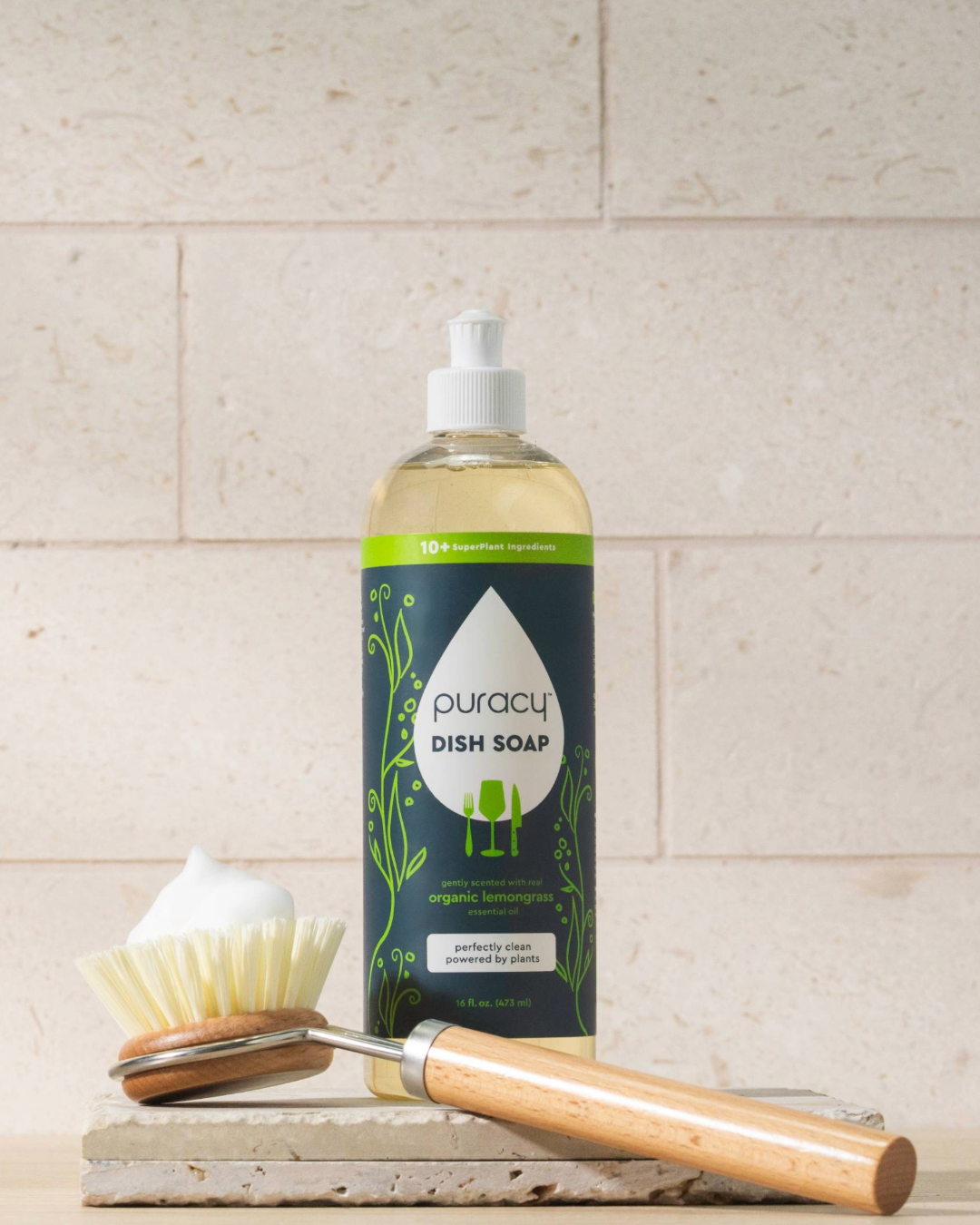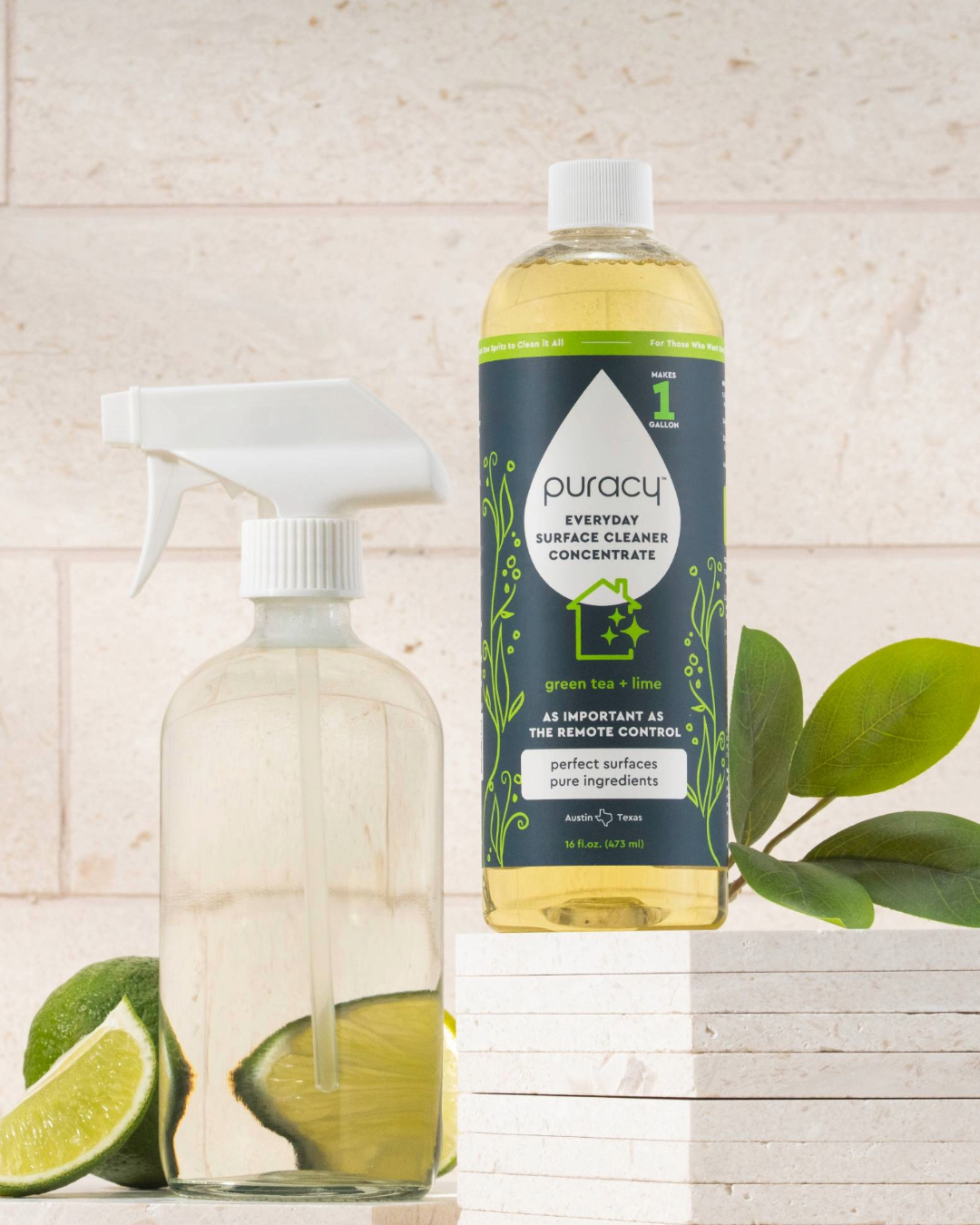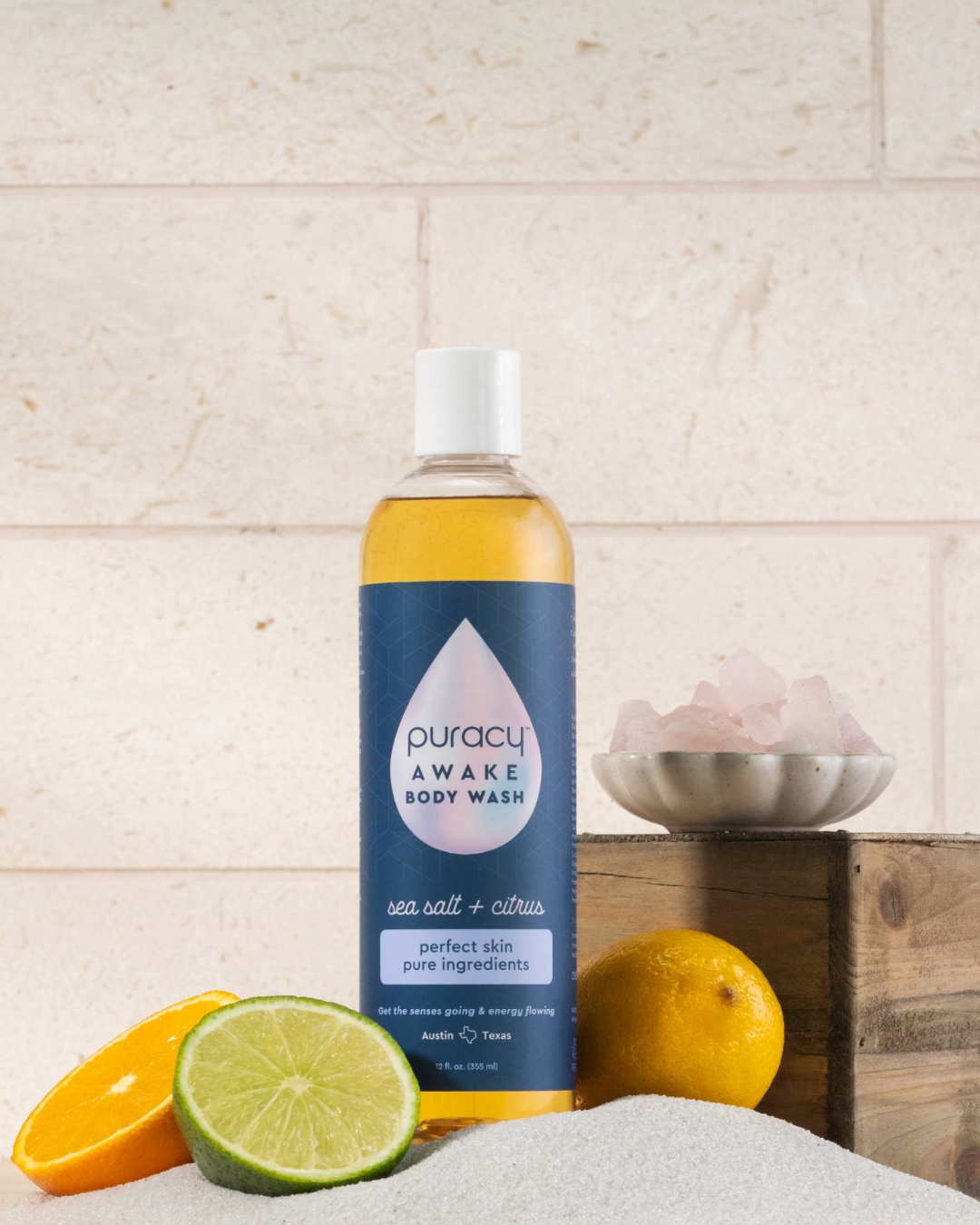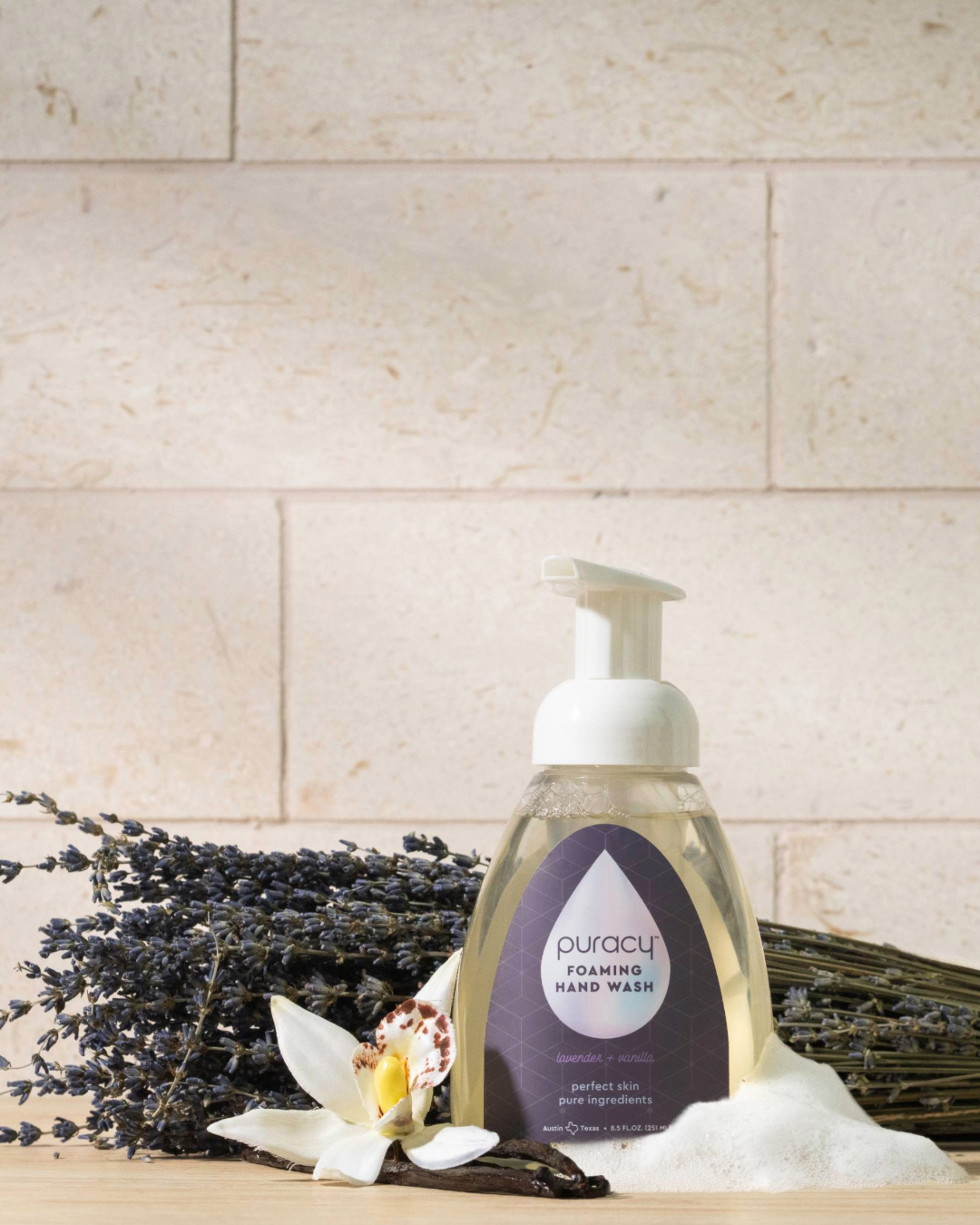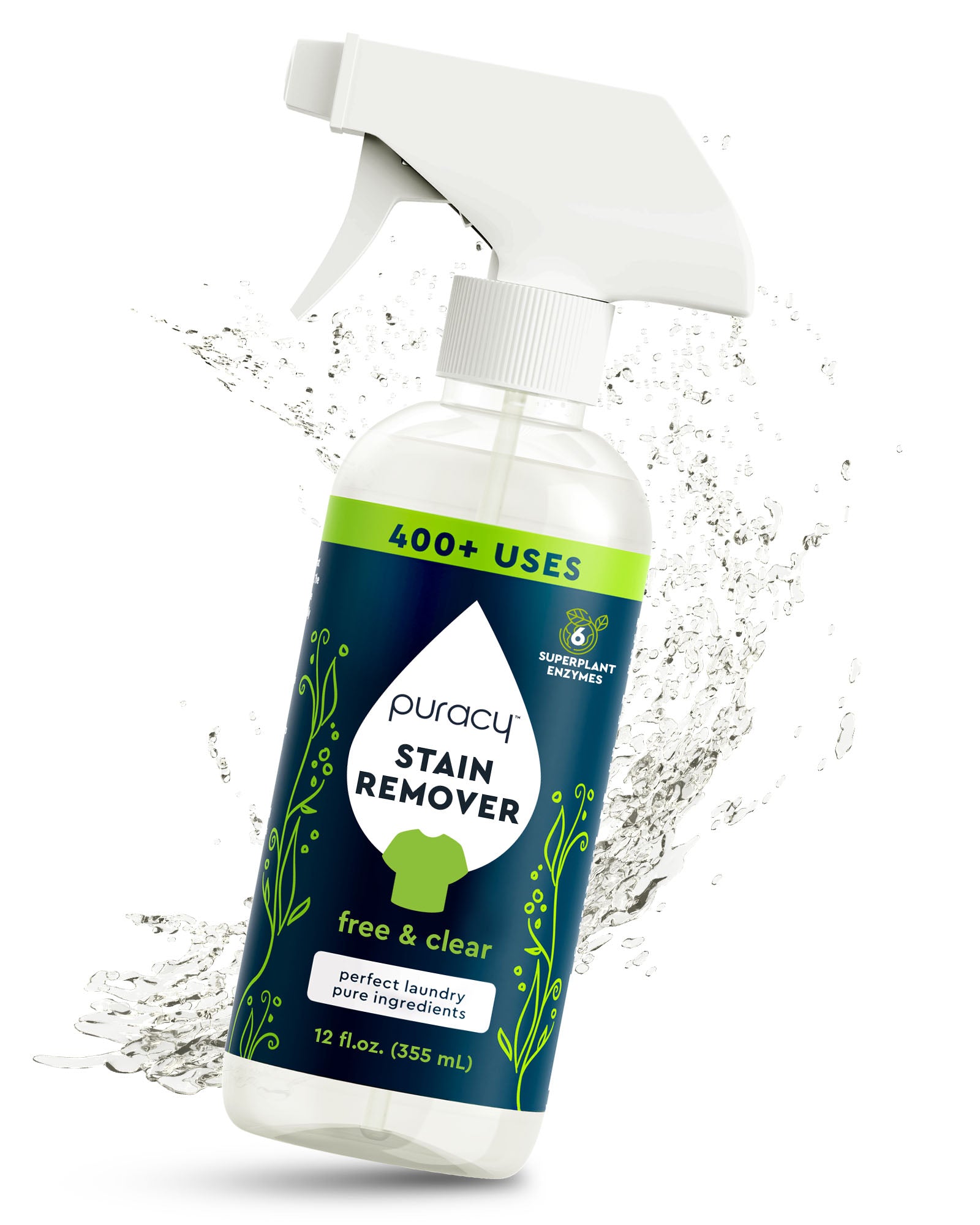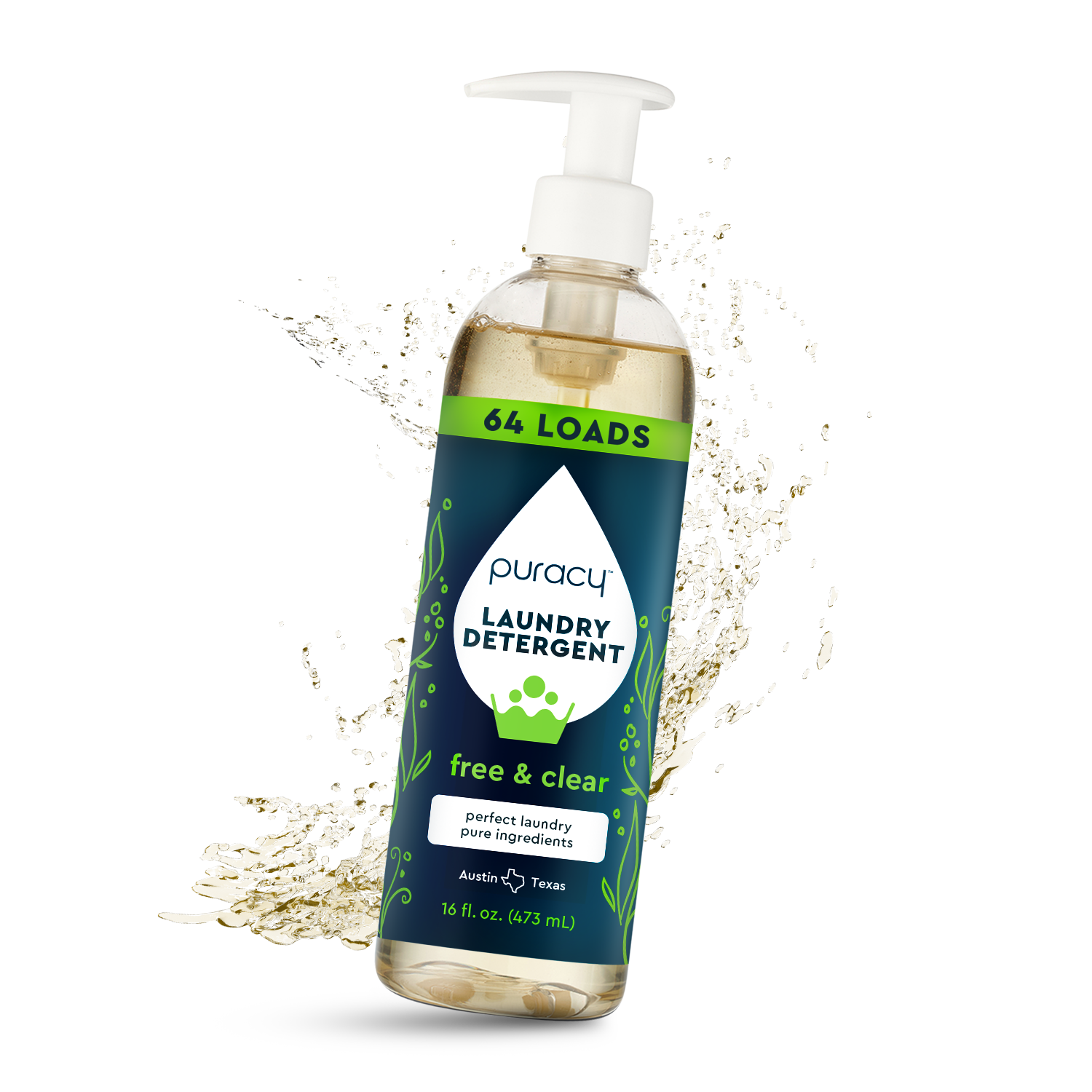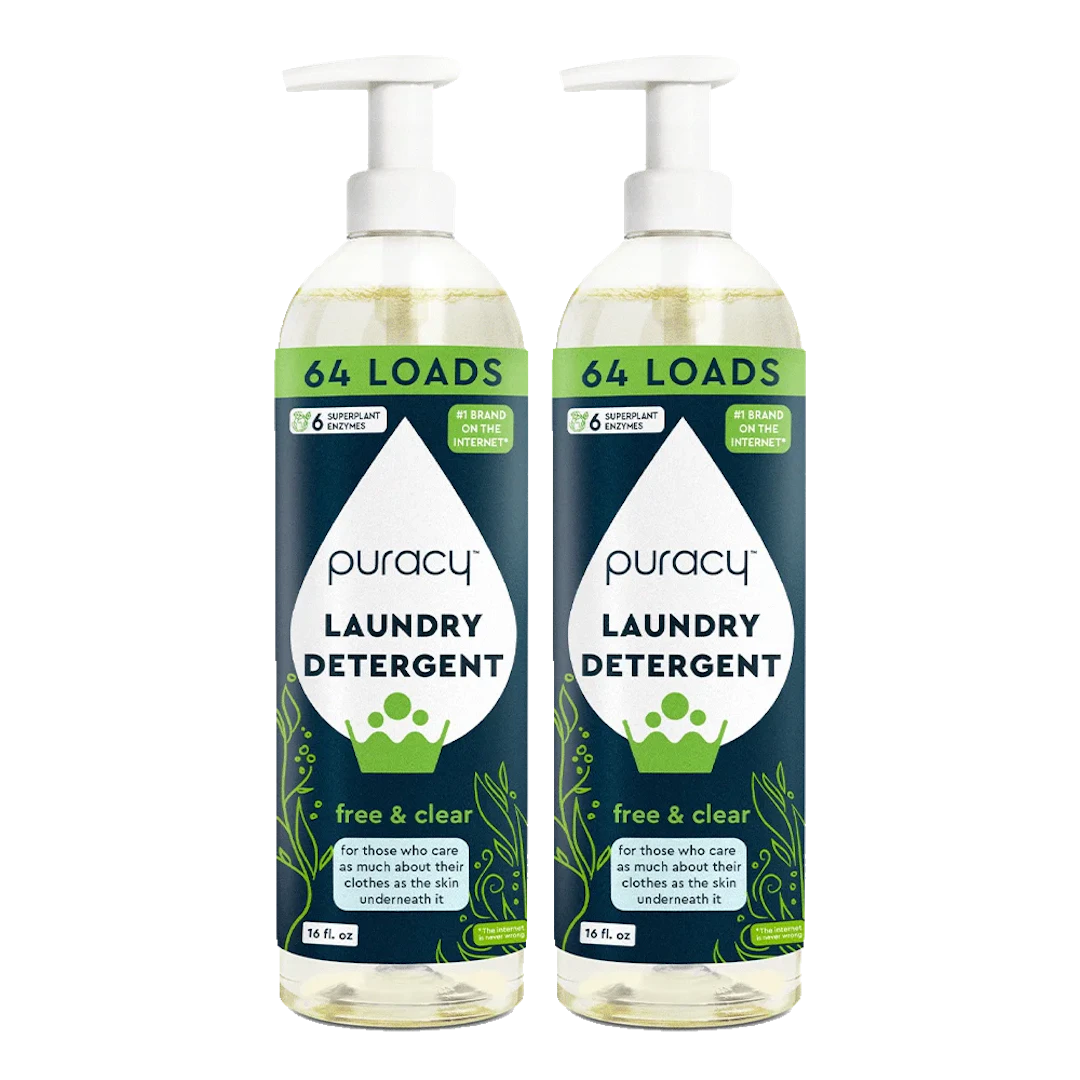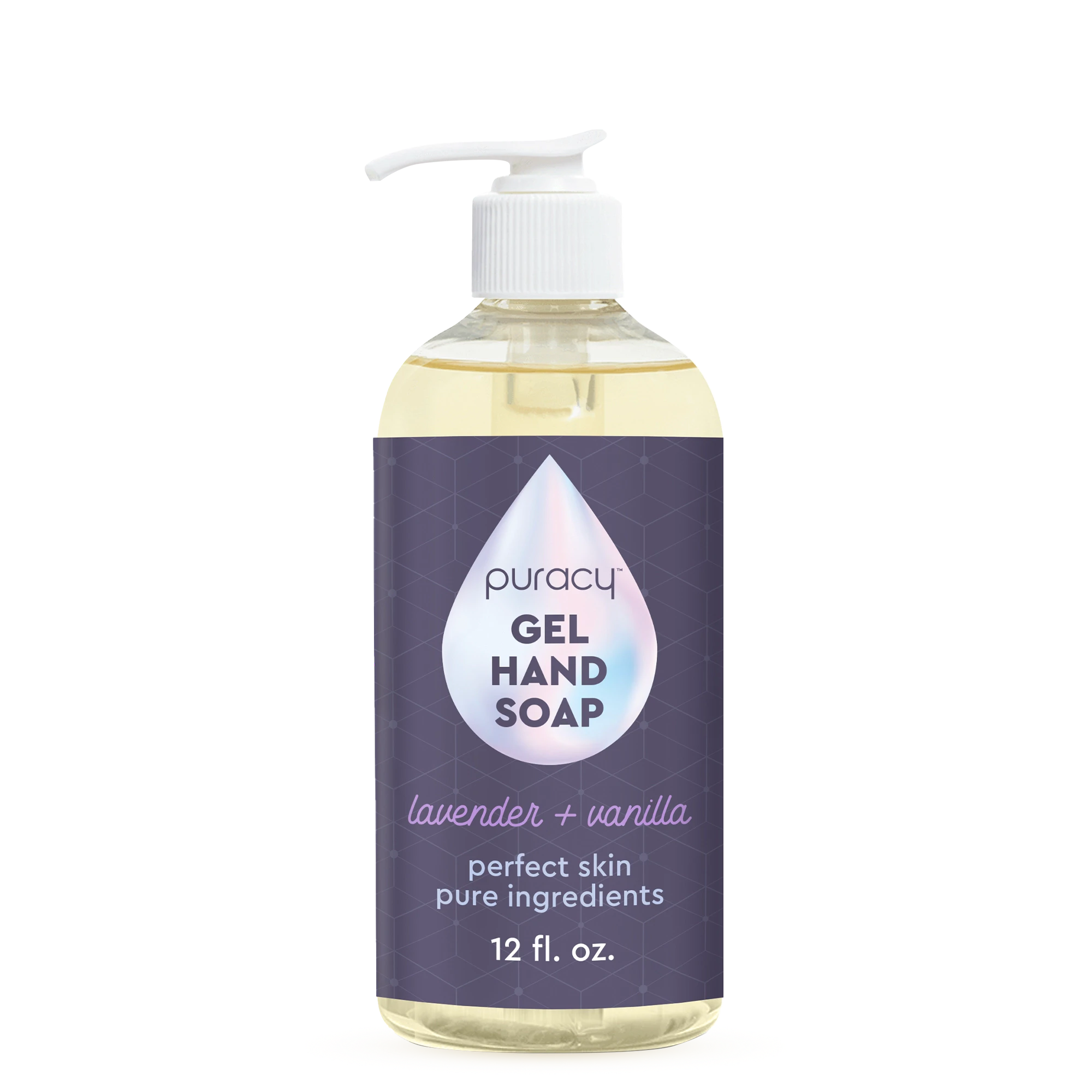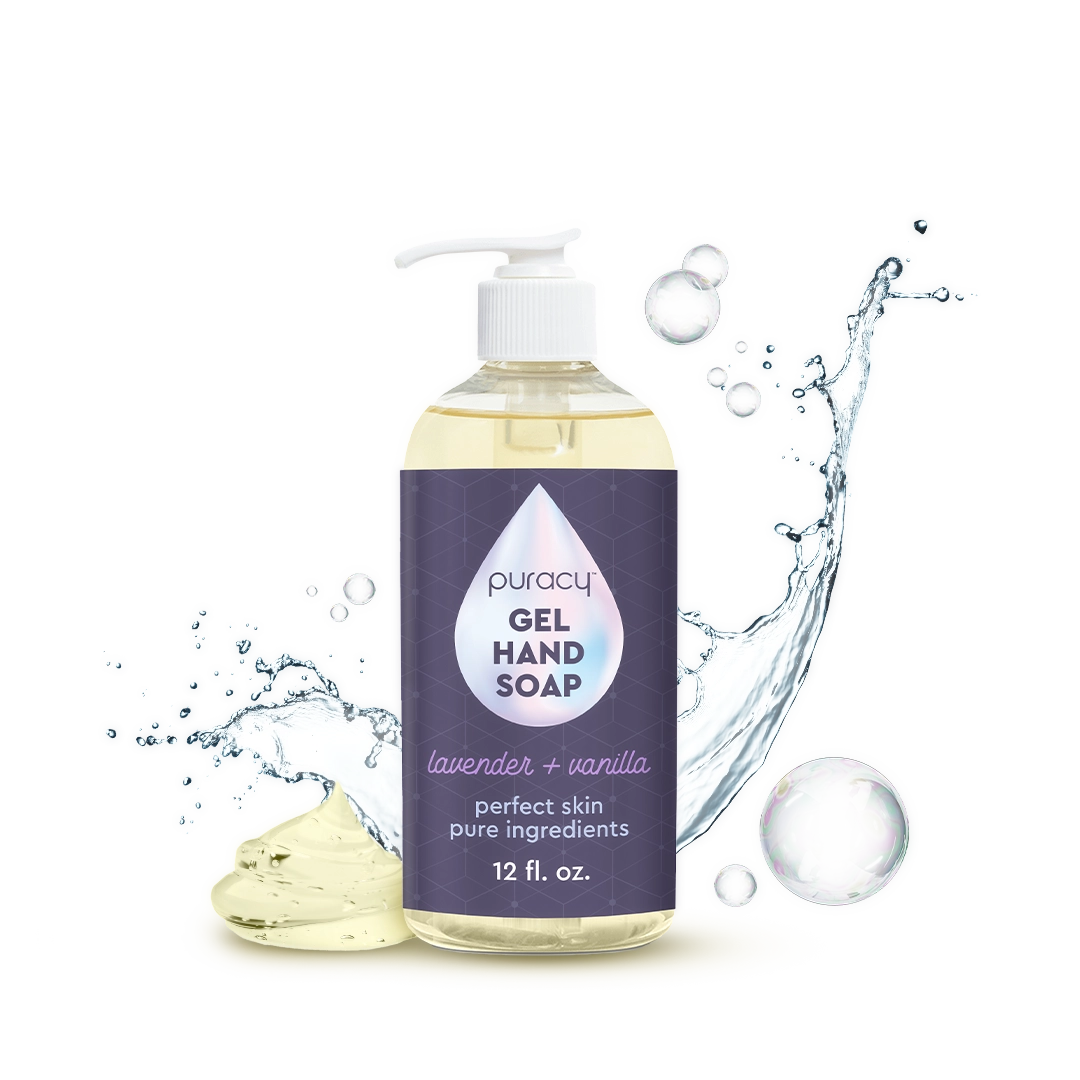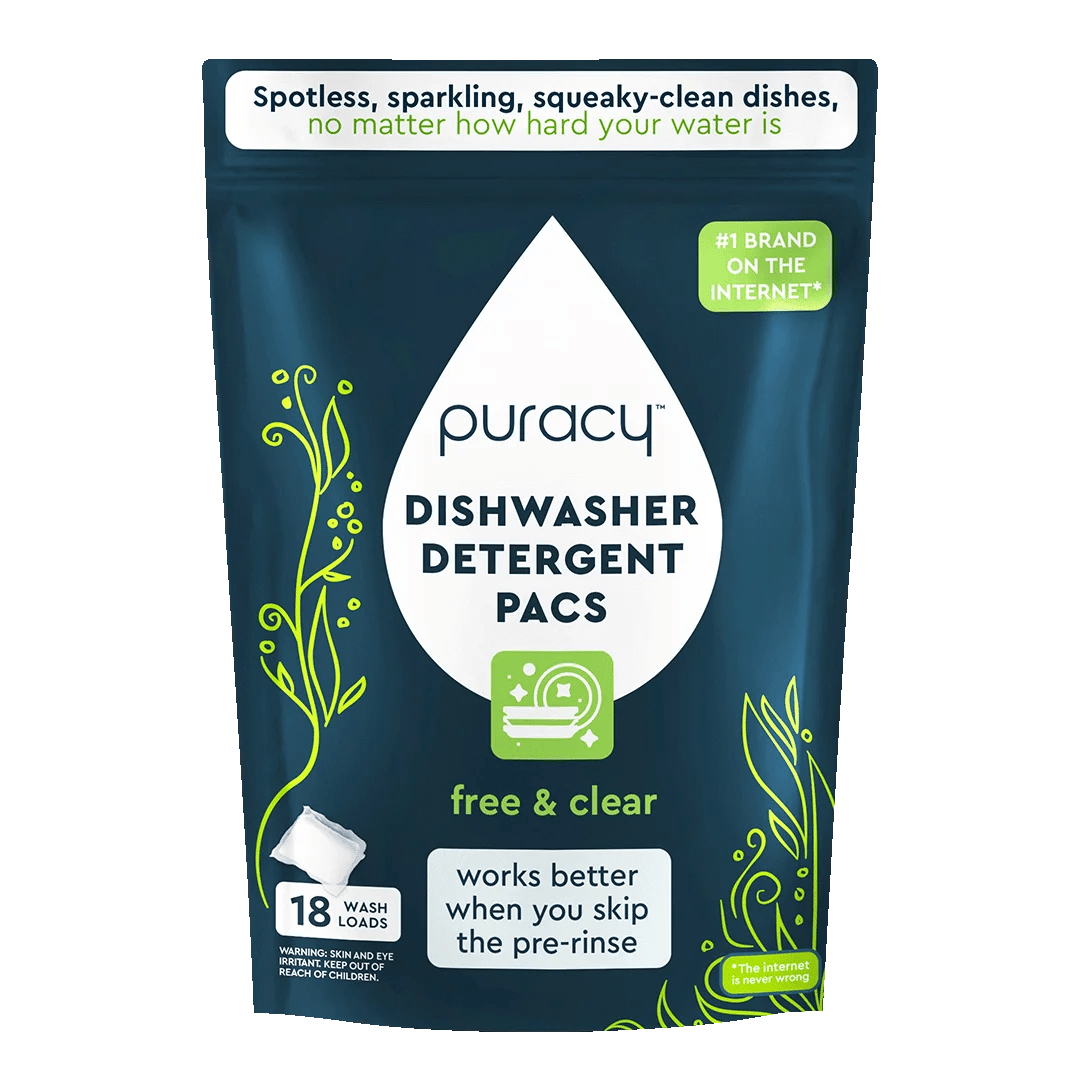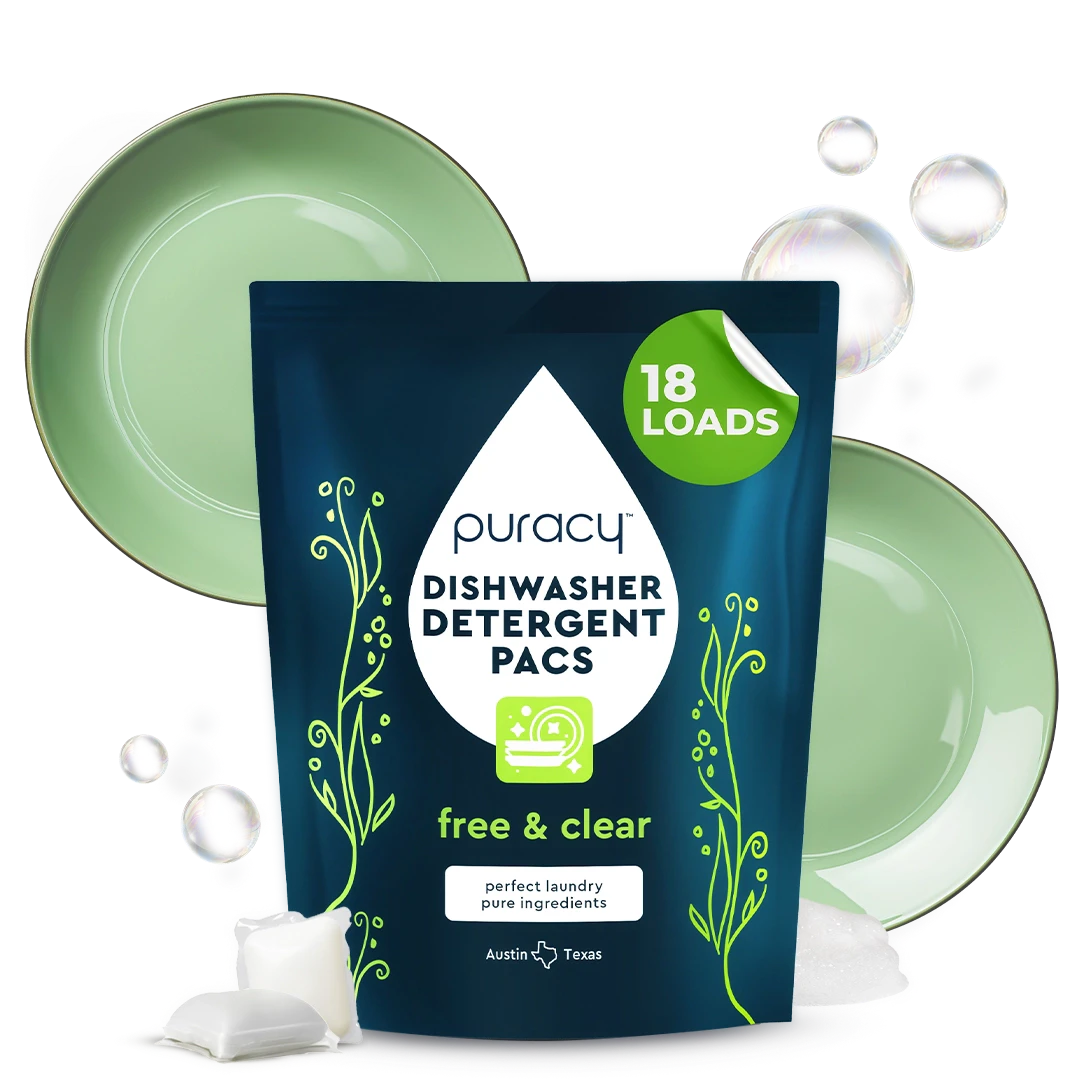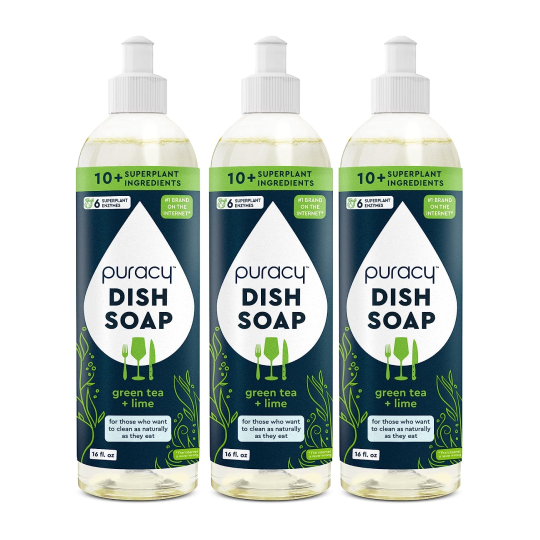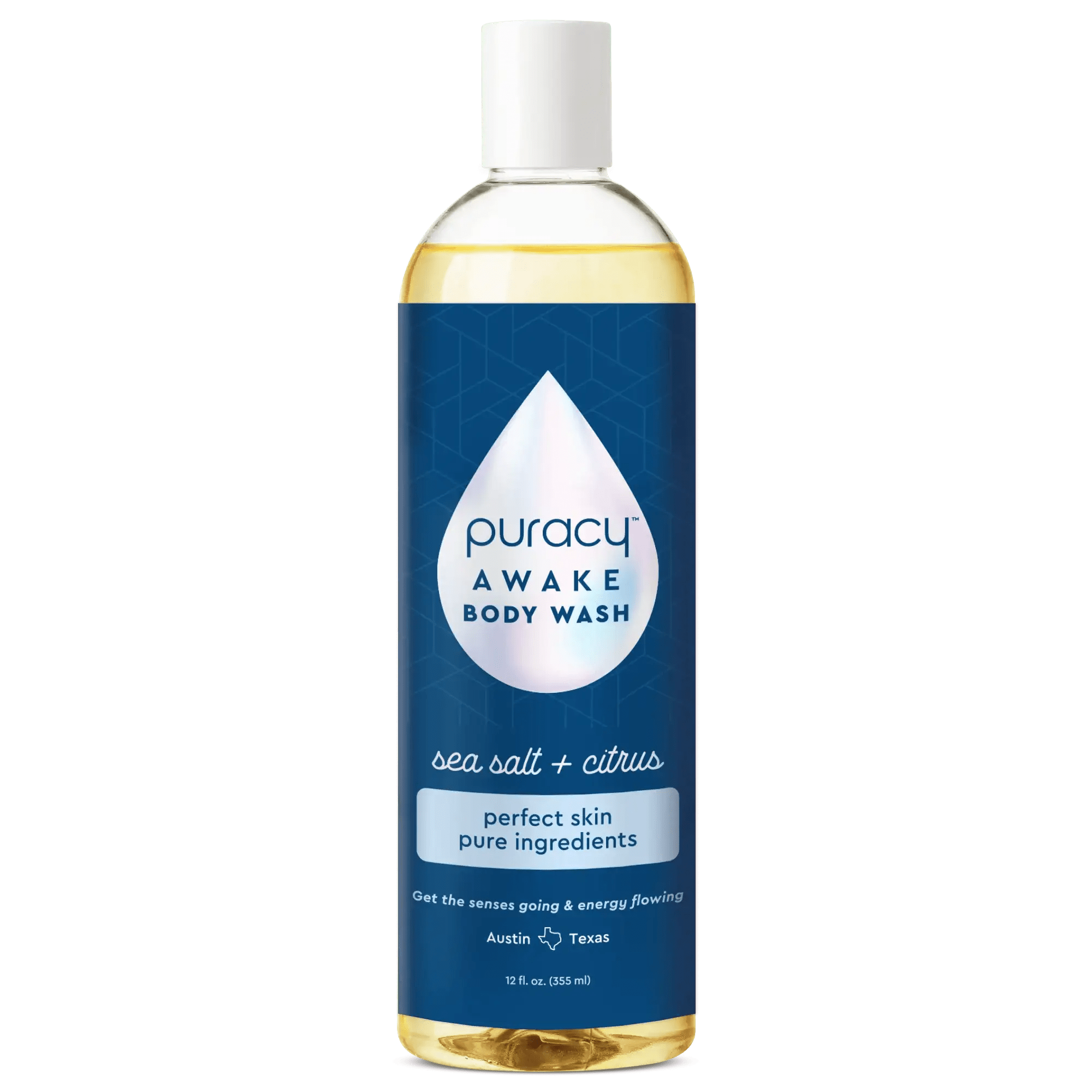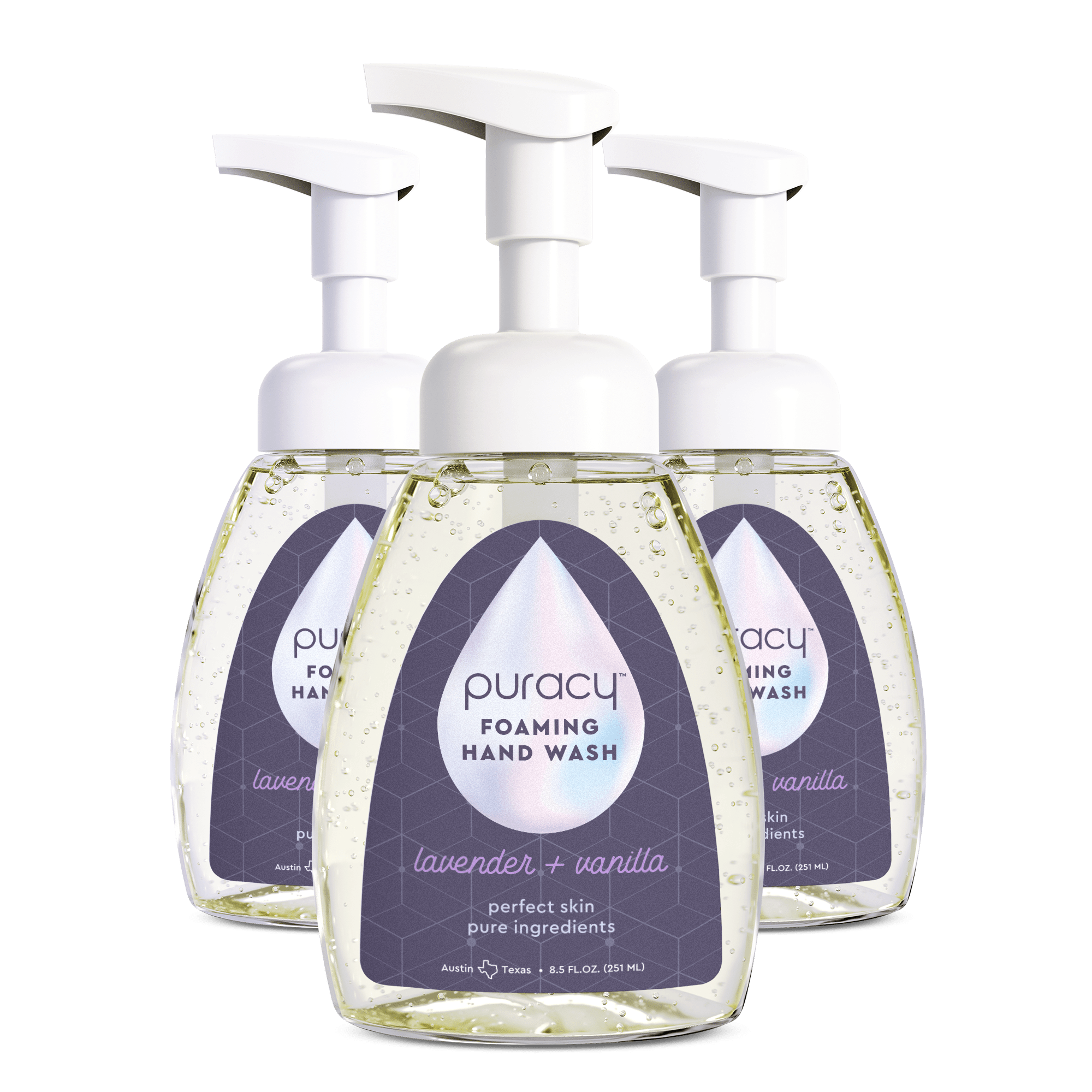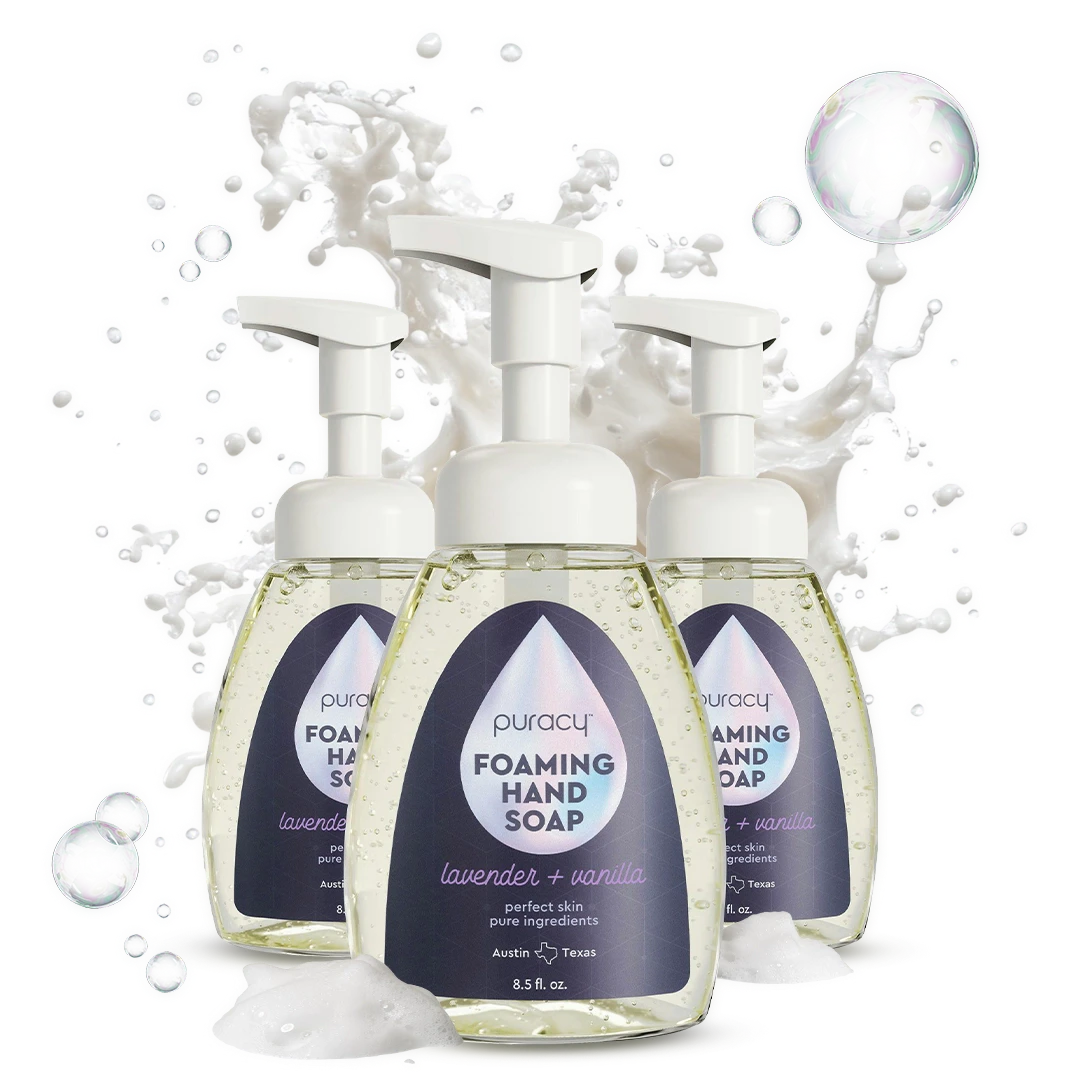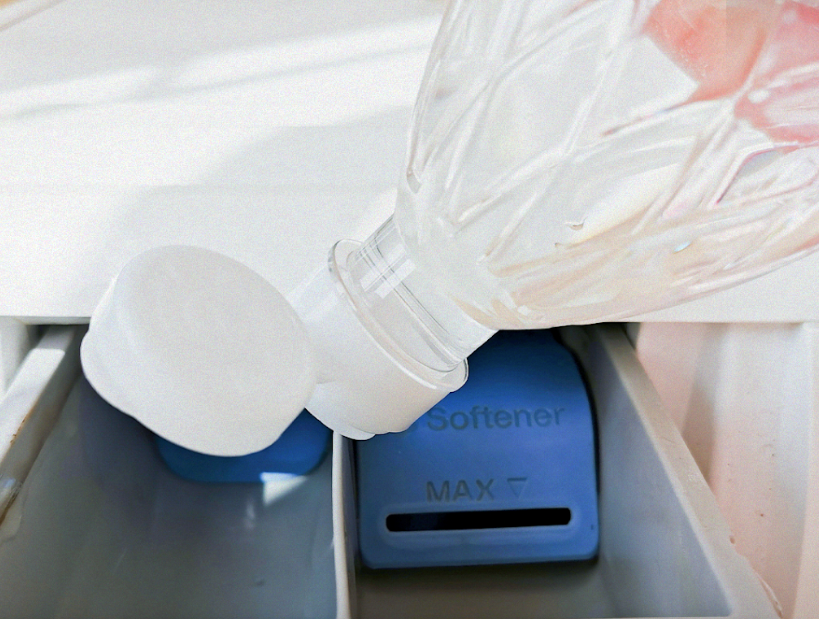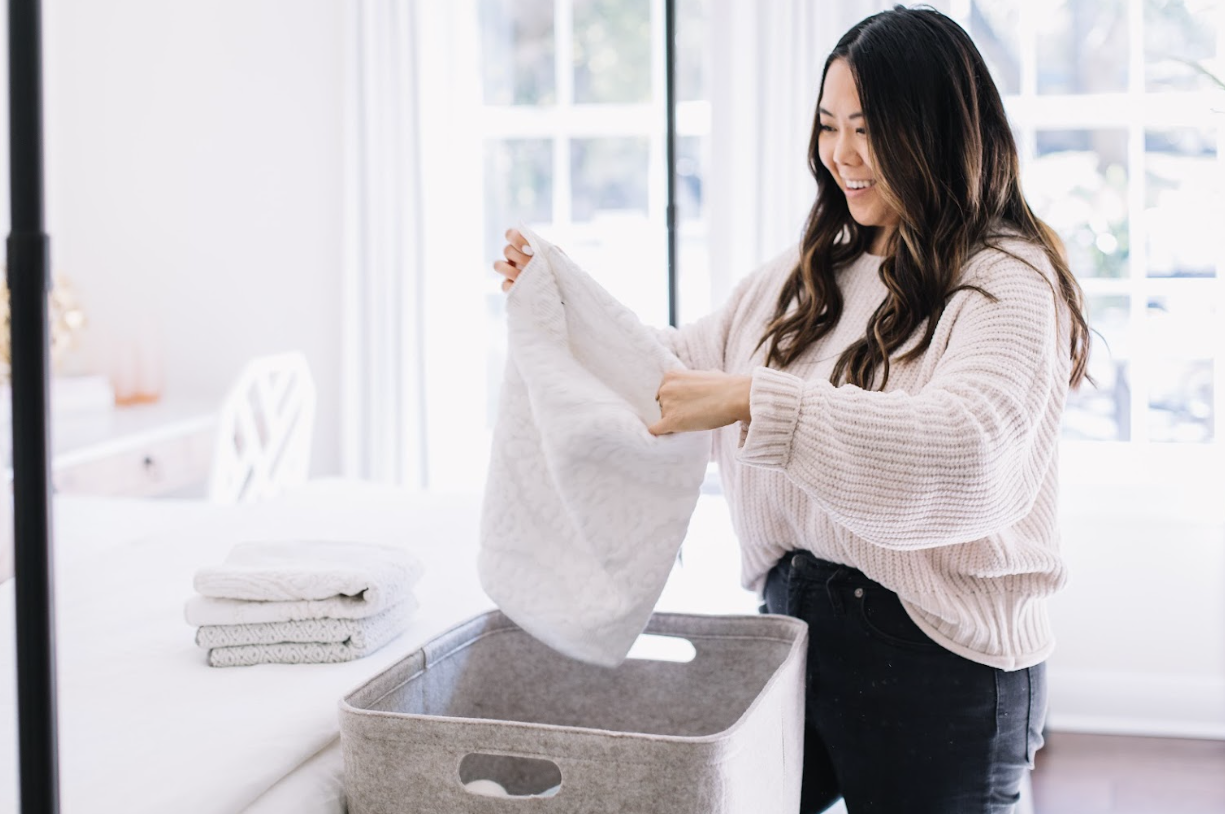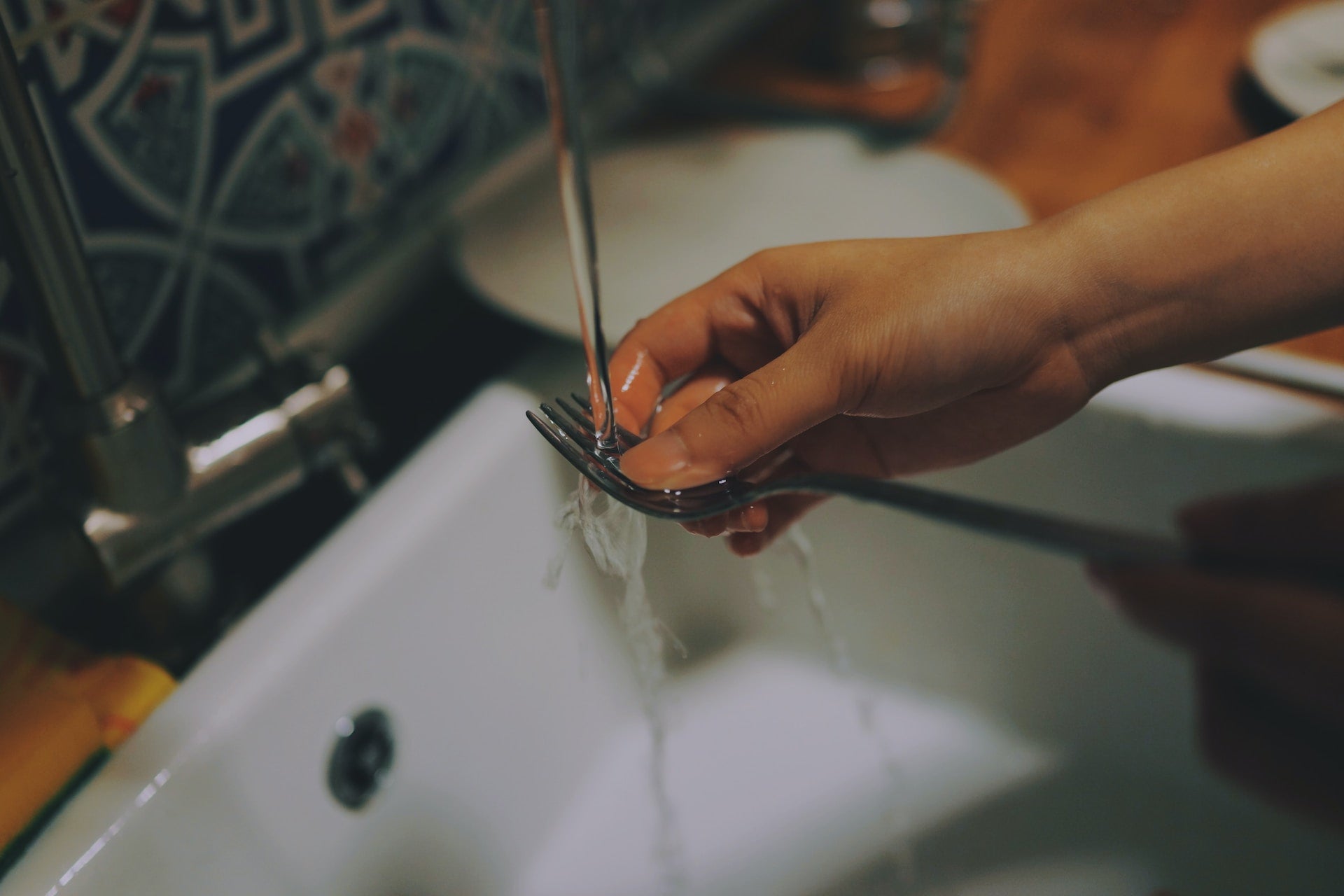
Is It Safe to Use Laundry Detergent to Wash My Dishes?
If you’ve ever thought about using laundry detergent in washing your dishes, you’re not alone. Whether it’s because you ran out of dishwashing liquid or you wanted to cut costs, it might not be a good idea. While using laundry detergent for pans and plates can be done, it may still do harm to your body and to your dishwasher. Let’s find out what experts say about this.
What Experts Say About Using Laundry Detergent to Wash Your Dishes

Experts strongly discourage using laundry detergent to wash your dishes due to its composition and potential health hazards. Specialized dish soaps are recommended for effective and safe dishwashing.
1. The ingredients in your laundry detergent may be harmful when ingested.
Basic ingredients in your laundry detergent may be harmful to your health, according to the American Academy of Dermatology. These include optical brighteners, fragrances, bleach, some types of surfactants, and other synthetic substances.
While using it to clean your dishes once or twice won’t hurt, continuous use may cause damage to your health. The Centers for Disease Control and Prevention lists several health hazards associated with laundry pods when ingested, including vomiting and respiratory distress.
This is because detergents may leave residues that may build up over time. If these residues are in your pans or tupperwares, it’s possible that they may make contact with your food.
2. You may need to double rinse. And with hot water.
If you ever find yourself using laundry detergent for washing the dishes because you ran out of soap, rinse more than once with hot water. This will help prevent the build-up of harmful residues on your plates, pans, utensils, and other cookware.
If you ever use high-efficiency (HE) detergent, you might need to rinse more than once. It’s not only wasteful in terms of water usage, but it will also cost you time that you could have used doing other important things. It’s best to double rinse with hot water for better rinsing power.
3. If you have sensitive skin, flare-ups for skin conditions may arise.
This is especially true for people who wash their dishes manually and without latex gloves. If you have sensitive skin or with skin conditions like contact dermatitis, you may think twice before using laundry detergent to clean your dishes.
You may experience dry, red, and itchy skin for prolonged or continuous use of detergents to wash dishes. Because of these results, it is not recommended to wash hands with laundry detergent.
4. It might get messy if used in your dishwasher
If you have laundry detergent or laundry pods lying around, you might be tempted to use it in your dishwasher instead of an actual dish pod. Don’t.
Detergents create suds when mixed with water. You’ll end up with a dishwasher full of bubbles that will take a few cycles to rinse because the dishwasher does not do it the same way as a washing machine.
If you don’t want your dishwasher to leak water and soap suds, avoid detergents or laundry pods there. Curious to learn more? Follow these dishwasher hacks for spotless dishes.
Use Baking Soda Instead of Laundry Detergent as a Soap Alternative

A natural alternative to a dishwashing liquid is baking soda. Being mildly abrasive, the texture of baking soda can help clear plates and utensils from food particles and odor.
Here’s how you can wash the dishes with sodium bicarbonate:
- Scrape off the food from the dishes
- Do a quick rinse of water on the faucet.
- Prepare a basin with hot water and add a scoop of baking soda.
- The dishes can be soaked in the basin for 10 minutes.
- Wash the plates as you would usually.
Best Practices When Washing Dishes

When it comes to washing dishes, adhering to best practices ensures not only cleanliness but also promotes hygiene and safety in the kitchen.
-
Use latex gloves to avoid skin contact
With your hands soaked in water with soapy foam, the skin can get dry fast. Use latex gloves to avoid dryness or irritation of the skin.
-
Choose a dishwashing liquid that’s gentle on the skin
A gentle dishwashing liquid can be highly efficient in removing grease but should also be non-toxic for your skin. Especially if you wash dishes manually, it’s important to choose products with no sulfates, parabens, and phosphates.
-
Rinse thoroughly and let the dishes dry before storing
Rinsing thoroughly is important to avoid leaving food particles on dishes, pots, and pans. Food particles left can leave room for bad bacteria to grow. You can also avoid mildew on your dish cabinet by making sure the plates are dry before you store them.
-
Moisturize after a day of using cleaning products
At the end of a cleaning day, always remember to moisturize your hands with organic lotion. Cleaning products can be harsh on the skin and may remove natural oils.
In Summary: Is It Okay to Use Laundry Detergent for Washing Dishes?

No, it’s not encouraged to use your laundry detergent when washing dishes.
Experts and reputable organizations such as the Centers for Disease Control and the American Academy of Dermatology say it may contain harsh chemicals that may build up on your dishes and pose health harms. It also compromises your skin, which may trigger eczema flare-ups or irritation. Sodium bicarbonate or baking soda and hot water can be better alternatives for dish cleaning.
Natural, Plant-Powered Dish Soap Works Best for Dishes

When searching for a quality dishwashing liquid, it's important to consider several factors that contribute to its effectiveness and safety. Look for a dish soap that’s rid of harmful ingredients to prevent toxicity, especially when you have babies or pets in the house.
Puracy’s Natural Dish Soap is a powerful and concentrated dishwashing liquid in a pump bottle that is naturally derived. It leaves your dishes and cookware so clean without the dyes, sulfates, parabens, and petrochemicals. You won’t even need gloves when using it! It’s doctor-formulated and it’s great for ceramic, crystal, glass, plastic, baby bottles, porcelain, and metals, among others.
